Installing Rooftop Solar Energy Systems For Your Home - FAQs
If you have been mulling over the idea of installing solar panels at your private residences or commercial building and you're unsure about how it all works, we've put together a list of the most Frequently Asked Questions the SolarPVExchange team received from home and business owners. This is an introduction to Going Solar in Singapore.
Q1. How do the solar panels work in relations to the national power grid?
Solar panels are composed of photovoltaic (PV) cells that convert sunlight to electricity in the form of a variable direct current.
To make this solar energy usable within your home or business, you need an inverter to convert DC electricity from your solar panels and transform it into alternating 120V/240V current, or 'AC' output in real time. The solar generated AC is consumed directly by electrical appliances in real time and energy is distributed via the Distribution Board (DB) in your house.
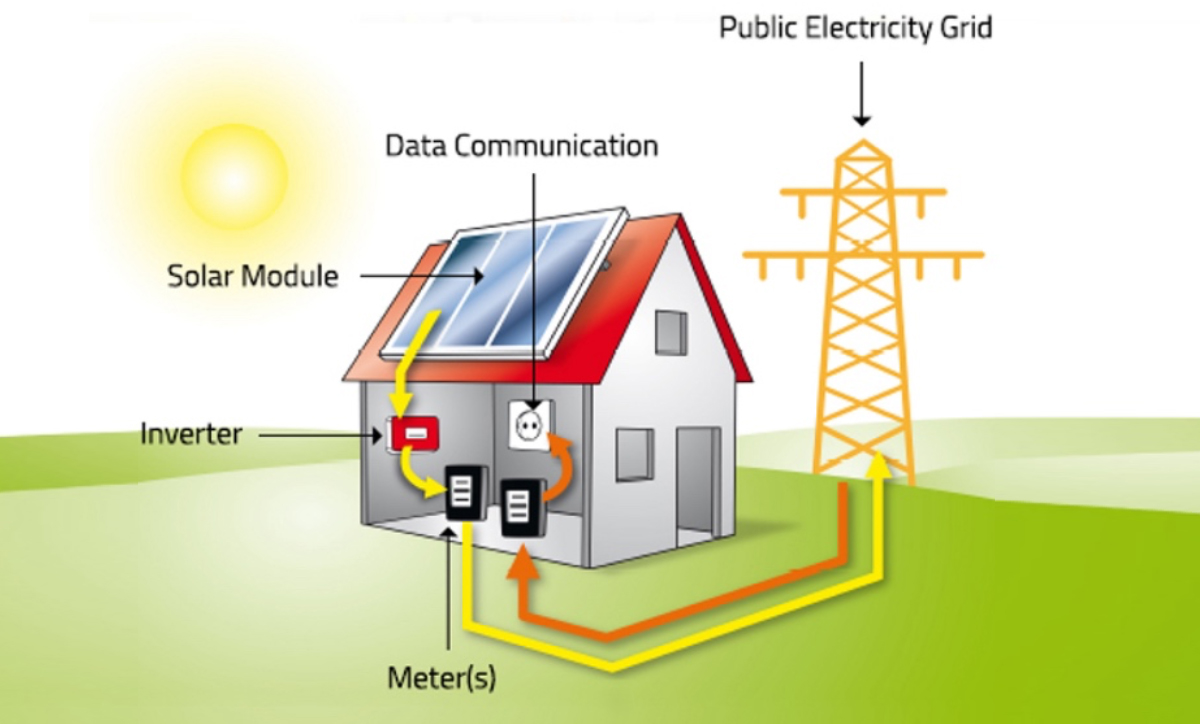
99% of all landed residential solar PV systems are 'Grid-Tied Solar System'. The solar generated electricity which is not used by the household or building is transmitted to the main power grid that is managed by Singapore Power (SP). The property owner in turn, receives a credit for that excess solar energy.
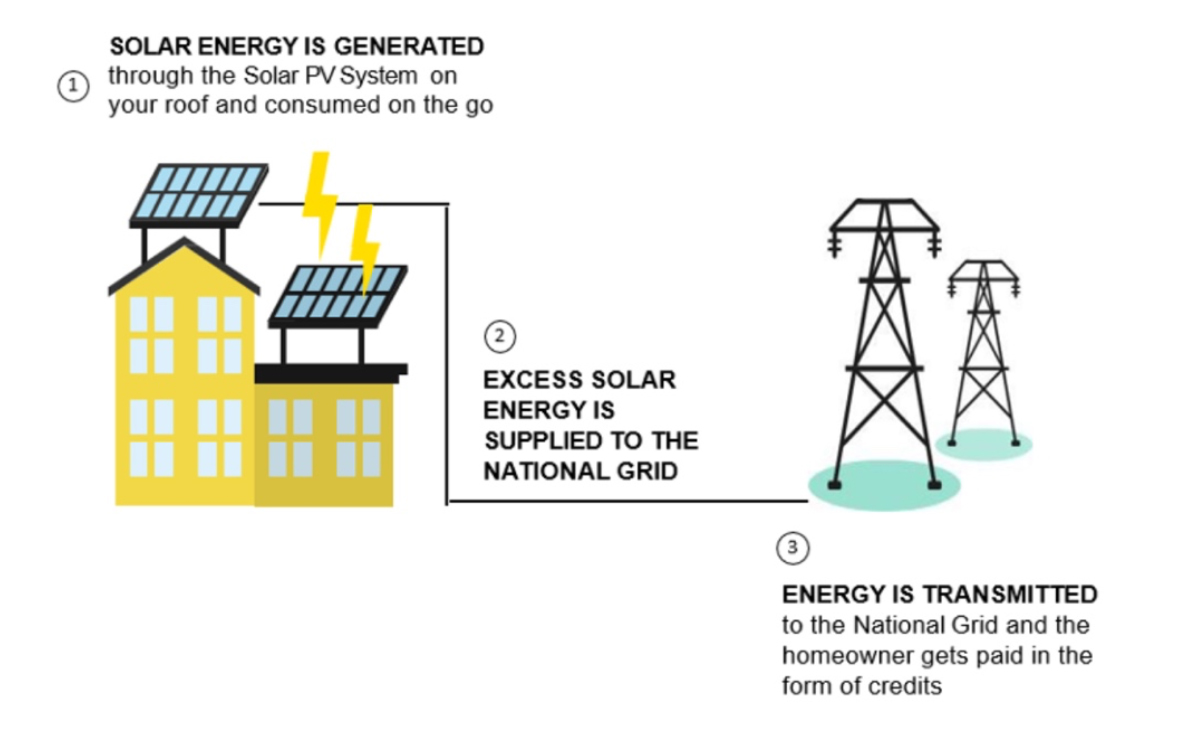
Q2. What is the procedure to install a solar PV system, and do I need to change anything in my electrical set-up?
This is the standard flow of events for most home and business-owners.
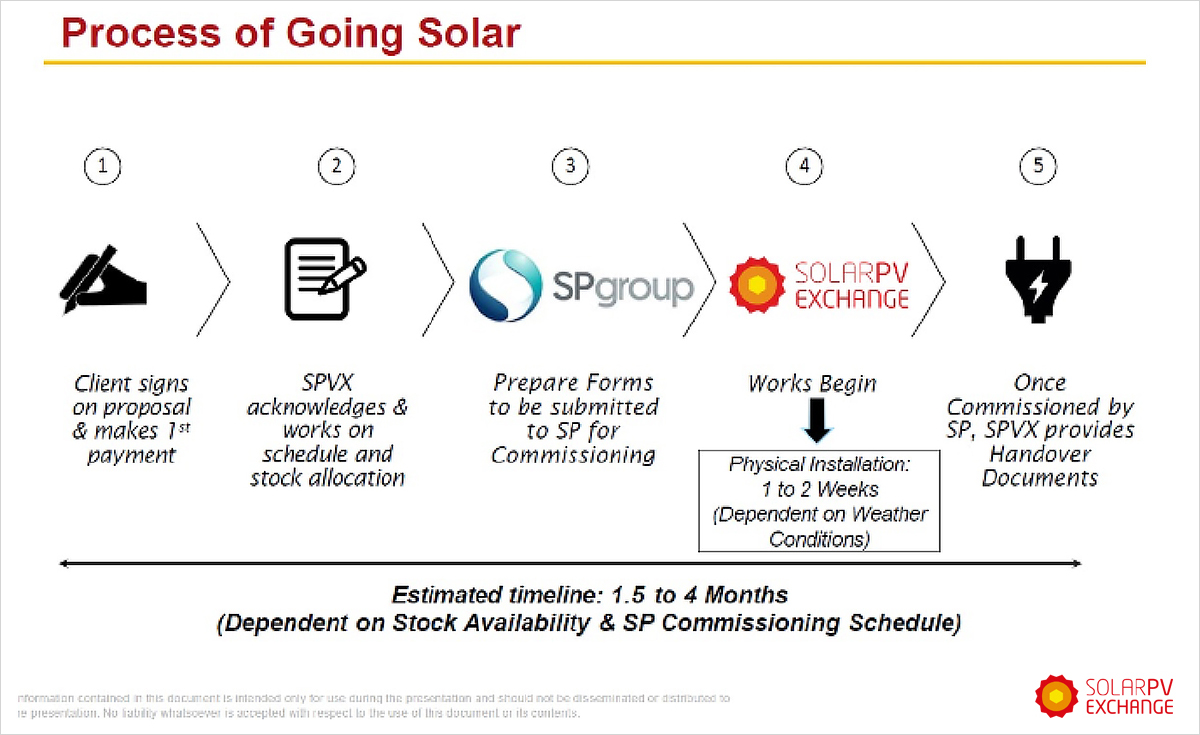
Once the project is finalized and signed off, SolarPVExchange will process all the necessary applications for you, including liaising with Singapore Power as required.
If your energy retailer does not support your request for a PV system installation, you might have to revert to SP for the application to go through, or sign up with another retailer that supports solar. We will keep you updated on this during the initial phase, before the project sign-off.
Your electrical meter might need to be upgraded to a bi-directional meter that supports solar. We will help to schedule an appointment for SP to upgrade your electrical meter at no cost. During the upgrade, your power supply will be turned off for around 30 minutes.
Q3. How does the generated solar energy help me reduce my energy bill?
The generated solar energy can help you save in 2 ways.
Savings on consumption.
• As your house can tap directly into solar-generated power, you will not be consuming less from the main power grid.
Savings from Sale of Unconsumed (Excess) Energy
• Through SP Group, Energy Market Company (EMC) will pay you for the excess solar energy that is piped back to the grid. This will be reflected in your SP bill in the form of credits which will offset your water, gas, and waste/refuse charges.
Example: 70% of Solar Energy is Consumed & 30% is Exported.
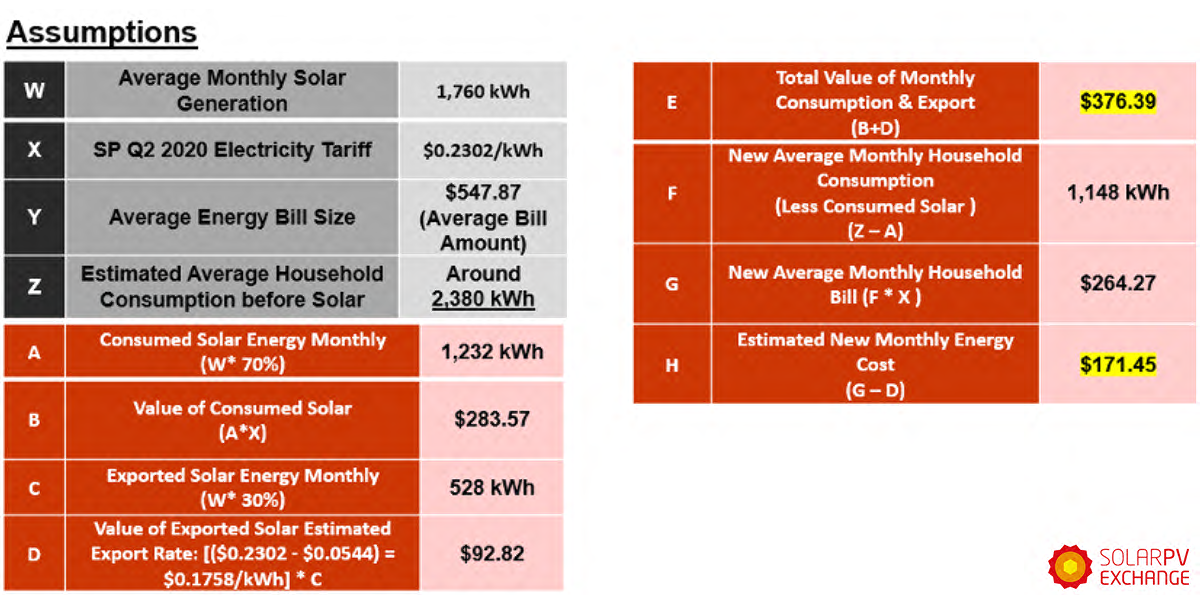
Q4. Can I tap into the generated solar energy for my night-time usage?
Solar energy that is not consumed by your house is transmitted back to the grid. As there aren't any energy storage system (ESS) set-up currently, you will not be able to use the generated energy at night.
ESS technology is still very much geared for industrial use, and it is still not economically viable for commercial systems, let alone residential ones. It will be some time before we start having conversations about storage of solar energy for homes and other stand-alone buildings.
A solar PV system will not be able to power your house 100% unless your installation capacity is many times higher than the consumption rate. Assuming that this is feasible, there is still the matter of whether there will be sufficient sunlight to guarantee optimal solar power generation.
Therefore, the fallback to the power grid is still necessary. That is why the consumption of energy, and the export of energy are charged separately on your bill.
Q5. How long can my solar PV system last?
Solar panels can continue to work for many decades and because they are stationary, they rarely break internally unless they are damaged by external forces like poor installation, rough mishandling, or extreme weather conditions.
It is widely known in the solar energy industry that solar panels can last for around 25 to 30 years. Panels lose their efficiency over the years so there is lower energy output, but it is important to note that they continue to generate electricity even after 30 years.
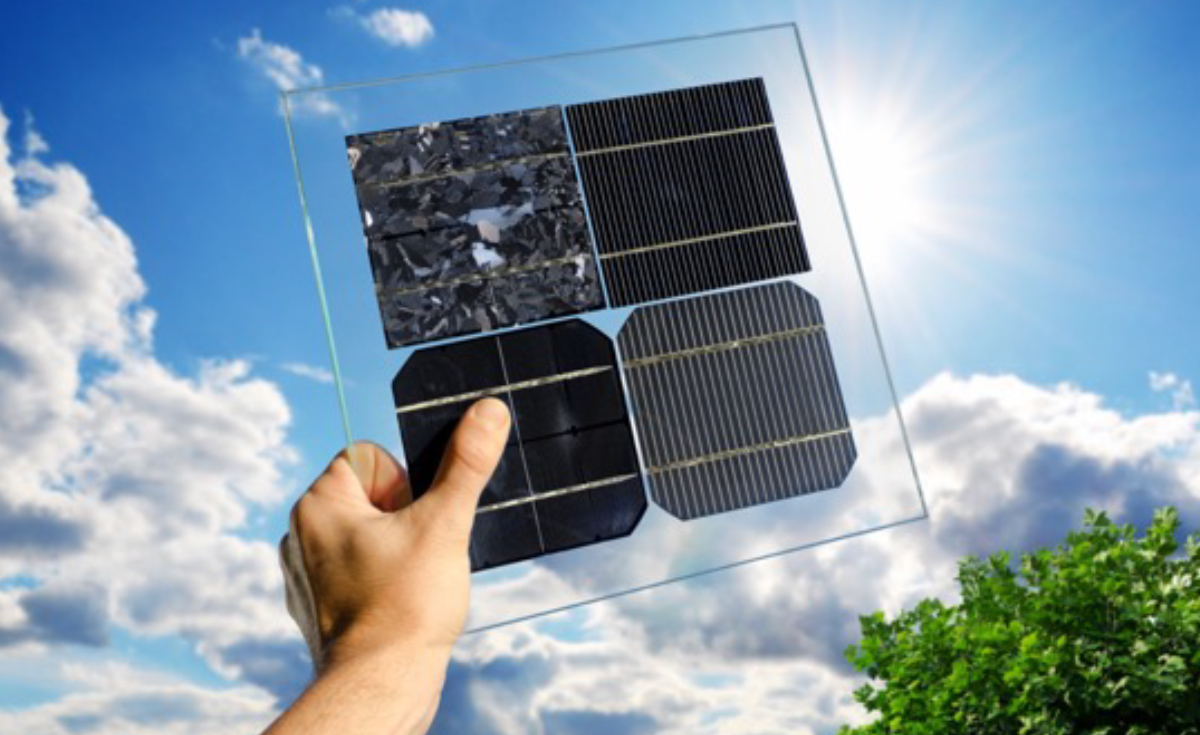
Q6. How often should I maintain my PV system?
There is no hard and fast rule on how often you should maintain your solar PV system. Typically, a solar PV system that is installed properly should last as long as they have been designed to.
Solar panels are tilted at a slight angle when they are installed, and rainwater usually washes away debris on the panels. It is recommended to clean them only when your energy production becomes significantly affected.
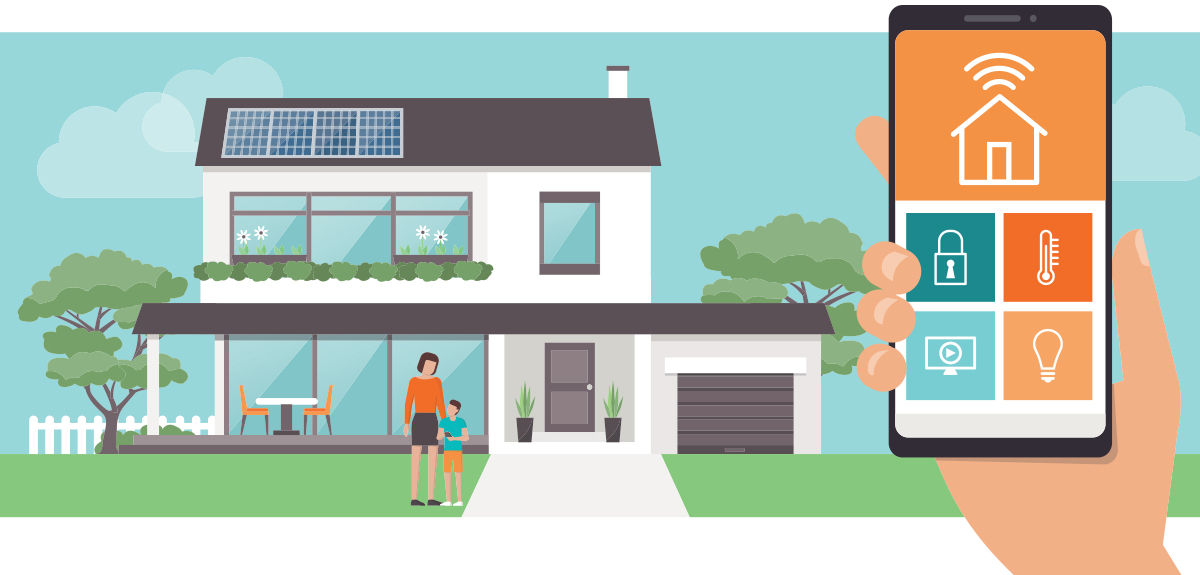
Rather than sign up for maintenance packages that increase the cost of your system, we recommend that you monitor your energy generation occasionally and take note of generation patterns. This can be observed via the Solar Generation Monitoring app that we recommend. If there is a drastic drop in energy production that is not weather-related, it might be time for more thorough troubleshooting. Please contact us to assist you with this.
Q7. If I'm already buying from an Energy Retailer, why should I invest in a solar PV system as well?
Installing a solar system will help reduce your net energy bill, especially if you consume most of the energy that is generated. This would mean that you will be relying less on the grid for your energy needs, and that translates to paying less.
However, the main benefit of installing your own solar PV system is that you will be less susceptible to fluctuations in energy prices. Think of it as a form of hedging against inflation. Do take note that this depends on how much your solar PV system helps when it comes to subsidizing your energy bill.
By going solar, you are also making a commitment to reducing your carbon footprint to help save the environment. In some cases, a solar PV system might increase the value of your home!
If you have other questions on going solar in Singapore, email us at enquiries@solarpvex.com. We are standing by.

